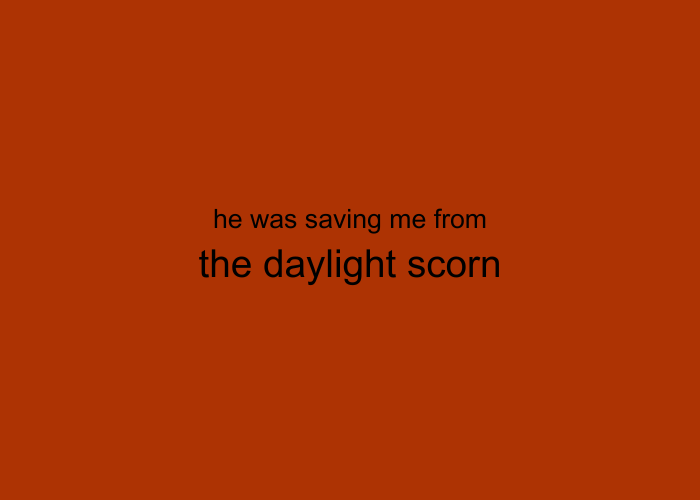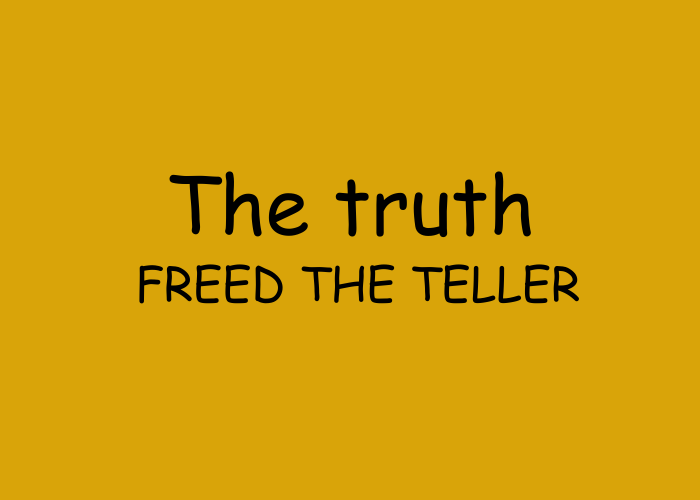
we never called it love. ep 3
My daughters knew that one thing about the man who fathered them was his extraordinary sense of time. For three decades, as the clock melody tuned to 7:30 p.m., he would inevitably summon himself home. The minute he entered his house, he would settle into the familiar routine of catching up on the day's news, the soft glow of the television illuminating the room as he savoured an early dinner.
Afterwards, he would rush off to bed, methodically rising with the dawn to greet each new day with unyielding enthusiasm. His punctuality had shaped us all into miniature versions of himself, each of us a careful keeper of time.
One day, my youngest paused and said, "Quiet, Mom. Do you hear that?" As I sharpened my ear to listen to what could be roaming outside, he said giggling, "There is nothing. The world can always wait." I laughed. I could tell that she was trying to write a different story. One day, she would grow into a silent nonconformist. She would ask some more questions before yielding to the norm, and maybe she would say, "Just because it works for you, it doesn't make it right."
"Just because you have the power to impose it on us, it doesn't mean we owe you our prompt yeses!"
In our present reality, she hadn't grasped the power of what we had—or what I had. All the women around me ached to understand how time played its role in their men's lives or if their opinions ever mattered in the ticking dance of hours. The answer was always the same: they did not. Our men didn't owe us an explanation; they had got us into their homes, and in the morning, they went off to the wild to find the hunt; we were to be grateful that when they returned, they chose to embrace us with the wild sweat to give us a feel of how their day was.
I had always known one thing about the man who had proclaimed me, he had a profound understanding of the game of time, how it could be manipulated, disguised for truth, and how it manoeuvred every aspect of our lives.
On this fateful morning, he let what he had mastered shatter my world. As the door pulled to break, his quiet voice rose sharply and suddenly: "I know you have been sleeping with my brother." Without having time to let him catch my eyes, my focus was quickly moved to the person who had just entered our matrimonial room. "Did he know? Did he know she was coming in, or did he just not care who was flunging the door open?"
My unsure gaze fell on my oldest daughter. Her eyes filled with shock, and her lips tightly lipped; my heart broke because I knew that if she had taken everything I had told her for years she was now sown to secrecy. I slowly slipped past her to the other side of the room, hoping she would follow me out, but she never did; I would go on to hear whispers between her and her father.
I had always perceived that certain truths lingered in the shadows of marriages, some knowledge and what was sensed was meant to remain unspoken, and certain disputes were never meant to be witnessed. A confrontation over infidelity between a man and a woman was never ever to involve a child's innocent eyes and ears.
Yet, one thing was clear: a woman raising her voice to her husband was never an option. I had ingrained that lesson in my daughter. When the moment arrived, I wanted to tell her it was okay to break the silence in some terrible accusations, that even for a woman, some risks were worth taking.
What did a woman have, apart from her dignity, which was subject to how she was upheld in her husband's eyes? It stemmed from the trust her husband had in her, that she was his and his alone. How I could introduce a new reality. At that moment, time wasn't my friend. I realized I had never prepared my daughter for the weight of some lies—too grand to leave unaddressed.
This marked the beginning of it—a door opened to the chaos of another. It wasn't about my feelings anymore but what our children would think. How could I erase the damage his words had inflicted? Was it finally time to reveal to my daughters that he had been unfaithful? I had always suspected it but had never dared to voice my truths. It dawned on me that I was a little too late. One who beats you to a loud accusation wins you in public truth.
As we sat through our evenings, my daughter never told me what had lingered in the whispers with her father, and I never asked for more. At that time, I remembered my mother's words: "Women, it is our role to protect the reputations of our men; we are to know too much and say too little."
One night, as we sat through our quiet moments, my first-born daughter held my hand and asked, "What courage do you need to tell your truth, Mom?"




0 Comments